Benefits of a probiotic paste for dogs and cats
- Probiotic paste for cats and dogs can resolve diarrhoea within 48 hours while saving on expensive veterinary fees
- With 85% of your pet's immune system located in the gut, probiotic paste provides digestive support
- Quality probiotic pastes contain beneficial bacteria, prebiotics, and natural ingredients like bentonite clay for maximum effectiveness
- Most digestive issues in pets can be safely treated at home with a high-quality probiotic paste as a first line intervention
- Having a dog or cat probiotic paste in your pet's first aid kit can provide immediate relief when veterinary appointments may take days to secure
When your beloved pet is suffering from digestive issues, finding a quick and effective solution becomes a top priority. Probiotic paste for dogs and cats offers a powerful natural remedy that works fast to restore digestive health and comfort. JP's Natural Pet Supplements has created veterinary-formulated Natural Probiotic Paste specifically designed to resolve common pet digestive problems without the need for expensive veterinary visits.
A quality probiotic paste is more than just beneficial bacteria—it's a complete digestive support system in an easy-to-administer form. The correct formulation combines probiotics (beneficial bacteria), prebiotics (food for beneficial bacteria), and additional natural ingredients, such as bentonite clay, to create a powerful treatment for diarrhoea, vomiting, and other digestive disturbances. This natural approach not only addresses immediate symptoms but also strengthens your pet's overall digestive and immune health for lasting benefits.
Probiotic paste for dogs and cats for diarrhoea
Key Benefits at a Glance
Probiotic paste offers multiple advantages for your furry companion's health. It quickly resolves diarrhoea, often within 24-48 hours of administration. The beneficial bacteria help rebalance the gut microbiome, pushing out harmful bacteria that cause digestive upset. Additionally, these formulations support immune function, as a sizeable portion of your pet's immune system resides in the digestive tract.
Beyond just treating active digestive issues, regular use of probiotic paste can help prevent future problems. It creates a protective barrier in the digestive system, allowing your pet to withstand common causes of gastroenteritis better, such as ingested toxins, sudden food changes, or environmental stressors. This preventative aspect makes probiotic paste an essential component of any pet first aid kit.
Why Your Pet's Gut Health Matters More Than You Think
Your pet's digestive system is at the core of their overall health. The gut doesn't just process food—it serves as headquarters for immune function, nutrient absorption, and even impacts mood and behaviour. When digestive health suffers, the effects cascade throughout your pet's entire body, potentially leading to systemic issues beyond just diarrhoea or vomiting.
What many pet owners don't realise is that approximately 85% of your pet's immune system resides within the gut. This means that maintaining digestive health isn't just about preventing messy accidents around the house—it's about protecting your pet from a wide range of health threats. A healthy gut microbiome acts as the first line of defence against pathogens, supporting proper immune responses and reducing inflammation throughout the body.
Modern pet diets, medications (especially antibiotics), and environmental factors can easily disrupt this delicate balance of the gut. Stress from changes in routine, travel, or new environments can also trigger digestive upsets. This is where probiotic paste becomes invaluable—it provides rapid support during acute episodes while helping maintain long-term digestive balance and immune strength.
Common Digestive Problems: Probiotic Paste for Dogs and Cats Can Fix
Digestive issues rank among the most common health problems veterinarians encounter in pets. From acute diarrhoea to chronic digestive conditions, probiotic paste offers a versatile solution for a wide range of gastrointestinal disturbances. Understanding which problems respond best to probiotic treatment can help you provide faster relief for your pet.
Benefits of a probiotic paste for dogs and cats

Diarrhoea, Colitis, Gas and Bloating Issues
Acute diarrhoea is perhaps the most common reason pet owners reach for probiotic paste. Whether caused by dietary indiscretion (eating something they shouldn't), stress, or mild infections, loose stools signal an imbalance in gut bacteria. Probiotic paste helps restore this balance quickly, often resolving diarrhoea within 24-48 hours of starting treatment.
Colitis, characterised by inflammation of the colon, frequently manifests as mucus-containing or bloody diarrhoea. Probiotic paste helps reduce this inflammation while promoting healing of the intestinal lining. For pets experiencing discomfort due to gas and bloating, the beneficial bacteria in probiotic paste help break down food more efficiently, thereby reducing gas production and associated pain.
Vomiting and Food Intolerance
Vomiting episodes often accompany digestive disturbances in pets and can be particularly concerning for owners. While severe or persistent vomiting requires veterinary attention, mild cases usually respond well to probiotic paste treatment. The beneficial bacteria help normalise gut motility and reduce inflammation that can trigger the vomiting reflex.
Food intolerances have become increasingly common in pets, especially with the wide variety of ingredients in modern pet foods. Probiotic paste helps the digestive system better handle potentially irritating ingredients by strengthening the gut barrier and modulating immune responses. This can reduce the frequency and severity of food-related digestive upsets, even without changing your pet's diet.
Probiotic Paste vs. Veterinary Visit: While a single veterinary visit for acute diarrhoea can cost £60-100, depending on location and testing required, a high-quality probiotic paste typically costs £19-27 and can resolve most common digestive issues within 48 hours without the stress of a clinic visit. Please keep it in your pet's first aid kit for immediate intervention.
Antibiotic-Related Digestive Distress
Antibiotics, while necessary for treating bacterial infections, often cause significant disruption to your pet's digestive system. These medications don't discriminate between harmful and beneficial bacteria, wiping out both and leaving your pet vulnerable to secondary digestive issues. Diarrhoea is an extremely common side effect of antibiotic treatment, sometimes lasting for days or weeks after the medication course ends.
Probiotic paste serves as the perfect companion therapy during and after antibiotic treatment. By consistently replenishing beneficial bacteria, probiotic paste helps maintain a healthier gut environment even as antibiotics do their work. For maximum benefit, administer the probiotic paste at least 2 hours before or after giving antibiotics to prevent direct interaction between the medications.
How A Probiotic Paste Works Inside Your Pet's Body

Understanding the mechanism behind probiotic paste helps explain why it's so effective for digestive issues. Unlike symptomatic treatments that slow diarrhoea without addressing the underlying cause, probiotic paste works to restore proper function to the entire digestive system. This holistic approach delivers both immediate relief and long-term protection.
The Gut Microbiome Explained
Your pet's digestive tract houses a complex ecosystem of bacteria, fungi, and other microorganisms collectively known as the gut microbiome. This internal community comprises hundreds of different bacterial species that perform essential functions, ranging from nutrient breakdown to vitamin production and immune regulation. When in proper balance, these microorganisms work together to maintain digestive health and protect against pathogens.
Problems arise when this delicate balance is disrupted—a condition known as dysbiosis. Diet changes, stress, medications, and environmental factors can all trigger dysbiosis, allowing harmful bacteria to flourish while beneficial populations decline. The resulting imbalance manifests as diarrhoea, vomiting, gas, and other digestive symptoms that signal your pet's gut microbiome needs support.
Rebalancing Good vs. Bad Bacteria
Probiotic paste delivers concentrated doses of beneficial bacteria directly to your pet's digestive tract. These beneficial bacteria immediately begin competing with harmful species for resources and attachment sites along the intestinal wall. By occupying these spaces, probiotics physically prevent pathogenic bacteria from gaining footholds in the gut environment.
Beyond simple competition, probiotics actively create conditions that inhibit the growth of harmful bacteria. Many probiotic strains produce natural antibacterial compounds that target pathogenic bacteria. Others help normalise pH levels in the gut, creating an environment where beneficial bacteria thrive while harmful species struggle to survive. This multifaceted approach explains why probiotic paste often resolves digestive issues that other treatments fail to address.
Speed of Action: When to Expect Results
One of the most impressive aspects of quality probiotic paste is its rapid action. Many pets owners report seeing improvement in their pet's digestive symptoms within 12-24 hours of the first administration. For uncomplicated cases of diarrhoea, complete resolution typically occurs within 48 hours—significantly faster than waiting for the problem to resolve naturally.
This quick response time makes a probiotic paste an ideal first-line treatment when digestive issues arise. Rather than waiting days for a veterinary appointment while your pet suffers, administering probiotic paste at the first sign of trouble can resolve many issues before they become severe. For chronic digestive problems, consistent use creates cumulative benefits, with many pets showing progressive improvement over 1-2 weeks of regular administration.
Key Ingredients That Make Probiotic Paste Effective
Not all probiotic products deliver equal benefits. The most effective formulations combine multiple active components that work synergistically to restore digestive health. Understanding these key ingredients helps you select a high-quality product that will deliver maximum benefits for your pet.
Beneficial Bacteria Strains
The foundation of any probiotic paste is its bacterial content. Effective formulations contain specific strains that have been proven beneficial for canine and feline digestive systems. Look for products containing Enterococcus faecium, Lactobacillus acidophilus, Bifidobacterium animalis, and other species naturally found in healthy pet digestive tracts. The concentration matters too—quality products provide billions (not millions) of colony-forming units (CFUs) per dose.
Enterococcus faecium

Different bacterial strains offer distinct benefits. Some excel at competitive exclusion of pathogens, while others specialise in producing digestive enzymes or strengthening the intestinal barrier. Multi-strain formulations provide comprehensive support by addressing multiple aspects of digestive health simultaneously. This diversity explains why broad-spectrum probiotic pastes typically outperform single-strain products.
Prebiotics: Food for Good Bacteria
Prebiotics are specialised plant fibres that nourish beneficial bacteria while remaining indigestible to harmful species. Including prebiotics, such as fructooligosaccharides (FOS) and inulin, in probiotic formulations dramatically increases their effectiveness. These compounds serve as a selective fuel, helping probiotic bacteria establish themselves and multiply rapidly within the digestive tract.
This prebiotic support is especially important when introducing probiotics to a compromised digestive system. The prebiotic components create favourable conditions that help beneficial bacteria overcome established pathogens. Without this nutritional support, many probiotic bacteria would pass through the digestive tract without establishing colonies.
The synergistic relationship between prebiotics and probiotics, often referred to as the "symbiotic effect," produces results that are greater than either component could achieve alone. Studies show that symbiotic combinations can resolve digestive issues up to 40% faster than probiotics used without prebiotic support, making this combination particularly valuable for acute digestive upsets.
|
Component |
Function |
Benefits |
|
Probiotics |
Live beneficial bacteria |
Restore microbiome balance, compete with pathogens |
|
Prebiotics |
Food for beneficial bacteria |
Accelerate probiotic colonisation, selective nourishment |
|
Bentonite Clay |
Natural toxin binder |
Absorbs toxins and excess water, firms the stools |
Bentonite Clay: Nature's Toxin Remover
Bentonite clay represents a powerful yet often overlooked component in premium probiotic pastes. This natural volcanic clay possesses a unique molecular structure that attracts and binds toxins, heavy metals, and bacterial byproducts through an electrical charge mechanism. When included in probiotic formulations, bentonite clay accelerates recovery by physically removing irritants from the digestive tract while absorbing excess fluid to help normalise stool consistency.
Immune System Benefits Beyond Digestive Health
While immediate digestive relief often motivates pet owners to use probiotic paste, the immune benefits provide equally important protection. Regular probiotic support strengthens your pet's natural defences against a wide range of health threats. This immune enhancement represents one of the most valuable long-term benefits of probiotic supplementation.
Research increasingly shows that digestive health and immune function are inseparably linked in both humans and animals. Probiotic supplementation has been shown to reduce the frequency of infections, enhance vaccine responses, and aid in managing allergic reactions. For pets with recurring health issues, this immune support can significantly improve quality of life and reduce the need for medications.
The Gut-Immune Connection (85% of the Immune System)
The remarkable fact that 85% of your pet's immune system resides in the gut explains why probiotic paste delivers benefits far beyond digestive relief. This concentration of immune tissue, known as gut-associated lymphoid tissue (GALT), serves as your pet's primary defence against environmental pathogens and toxins. When gut health suffers, this immune protection weakens, leaving your pet vulnerable to infections and inflammatory conditions throughout the body.
Probiotic bacteria communicate directly with immune cells in the gut lining, helping to regulate inflammatory responses and strengthen barrier function. This interaction trains the immune system to respond appropriately to threats while preventing overreactions that could lead to allergies or autoimmune conditions. The resulting immune balance helps protect your pet from common infections while reducing the risk of chronic inflammatory conditions.
Protection Against Common Infections
After treatment with a high-quality probiotic paste, pets demonstrate improved resistance to common infections. The strengthened gut barrier prevents pathogens from entering the bloodstream, while enhanced immune function more effectively neutralises threats that do make it past this first line of defence. This protection extends to bacterial, viral, and fungal infections that commonly affect dogs and cats.
For pets prone to recurring issues, such as urinary tract infections, respiratory problems, or skin conditions, regular probiotic support can significantly reduce the frequency of episodes. While not a replacement for appropriate veterinary care during active infections, probiotic paste serves as a valuable preventative support and recovery aid. Many Vets now recommend probiotic supplementation in conjunction with conventional treatments to accelerate healing and reduce the risk of recurrence.
How to Give Probiotic Paste for Dogs and Cats
Proper administration ensures your pet receives maximum benefit from probiotic paste. These highly concentrated formulations require specific dosing based on your pet's size and the severity of their condition. Following the manufacturer's guidelines provides the best results, but understanding general administration principles helps you customise treatment to your pet's specific needs.
Proper Dosing by Size and Species
Probiotic paste typically comes with clear dosing instructions based on your pet's weight. For acute digestive issues, many veterinarians recommend starting with a "loading dose" that's slightly higher than the maintenance amount. This initial boost helps quickly establish beneficial bacterial populations in the compromised digestive tract. Once symptoms improve, you can reduce to a maintenance dose for ongoing support.
While dogs and cats both benefit from probiotic paste, feline-specific formulations often contain bacterial strains better suited to the slightly different gut environment of cats. If using a universal product for both species, adjust dosing carefully, as cats typically require smaller amounts than similarly sized dogs. For very small dogs and cats, precise measurement becomes especially important to prevent overdosing.
Direct Administration vs. Mixing with Food
Probiotic paste can be administered directly into your pet's mouth or mixed with food, though direct administration often provides faster results for acute issues. To give directly, gently pull back the corner of your pet's mouth and place the paste on the tongue or inside the cheek. Most pastes have a pleasant flavour that pets readily accept, making this method surprisingly easy even with finicky animals.
When mixing with food, add the paste just before serving rather than preparing it hours in advance. This preserves the viability of the beneficial bacteria, ensuring your pet consumes the entire dose. For pets resistant to direct administration, hiding the paste in a small amount of highly palatable food like wet food or yoghurt often works well. Just ensure this "carrier" food doesn't contain ingredients that could further upset a sensitive digestive system.
Frequency and Duration Tips
For acute digestive issues, most veterinarians recommend administering probiotic paste 2-3 times daily until symptoms resolve, typically within 2-3 days. Once diarrhoea or vomiting stops, continuing treatment at a reduced frequency for an additional 3-5 days helps prevent recurrence by fully restoring gut flora balance. This extended treatment ensures beneficial bacteria become firmly established rather than providing only temporary relief.
For preventative use or management of chronic conditions, daily or every-other-day administration provides ongoing support. Many pet owners find that maintaining a regular schedule of probiotic supplementation significantly reduces the frequency and severity of digestive upsets. For pets with particularly sensitive systems, this consistent support often proves more effective than reactive treatment after problems develop.
When to Use Probiotic Paste for Cats and Dogs as a First Aid Treatment
Having probiotic paste in your pet's first aid kit allows for immediate intervention when digestive issues arise. Recognising the right moments to administer this support can prevent minor problems from escalating into severe conditions requiring veterinary care. While not a replacement for professional medical attention in severe cases, probiotic paste serves as an excellent first response for many common situations.
First Signs of Diarrhoea or Digestive Upset
The golden rule for digestive issues is early intervention. At the first episode of loose stools or vomiting, administering a probiotic paste can often halt the problem before it fully develops. This immediate response helps maintain intestinal barrier integrity and prevents the dramatic microbiome shifts that occur during prolonged digestive disturbances.
Watch for subtle early warning signs, such as increased gurgling sounds from your pet's abdomen, slightly softer stools than normal, or mild lethargy. These indicators often precede full-blown diarrhoea or vomiting by 12-24 hours. Administering a probiotic paste at this stage frequently prevents symptoms from progressing, saving both your pet's comfort and your carpet.
After Antibiotic Treatment
Always follow antibiotic treatments with a course of probiotic paste to help restore gut flora that these medications have decimated. Even when pets show no obvious digestive symptoms during antibiotic therapy, their gut microbiome suffers significant disruption. Probiotic support during and after antibiotic use reduces the risk of secondary infections, such as Clostridium difficile, which can exploit the microbial vacuum left behind.
Begin probiotic supplementation on the first day of antibiotic treatment and continue for at least 5-7 days after the medication is finished. This extended support ensures complete microbiome recovery and prevents the delayed onset of diarrhoea that commonly occurs 1-2 weeks after antibiotics finish. For pets on long-term antibiotics, ongoing probiotic supplementation becomes especially important for maintaining digestive and immune health.
Seasonal and Stress-Related Digestive Issues
Many pets experience predictable digestive upsets during specific seasons or situations. Spring and summer often bring increased access to grass, where pets may ingest parasites or harmful bacteria. Holiday seasons typically involve dietary indiscretions as pets access richer foods or table scraps. Recognising these patterns allows for preventative probiotic support during high-risk periods.
Stress represents another major trigger for digestive problems in pets. Travel, boarding, home renovations, new family members, or changes in routine can all disrupt your pet's digestive balance. Beginning probiotic paste a day or two before known stressful events and continuing throughout the period of change significantly reduces the likelihood of stress-induced digestive upsets.
Comparing Probiotic Paste to Other Pet Digestive Remedies
The market offers numerous options for addressing pet digestive problems, from conventional prescription medications to various natural remedies. Understanding how probiotic paste compares to these alternatives helps you make informed choices when your pet experiences digestive distress. While each approach has its place, probiotic paste offers a unique combination of benefits that makes it particularly valuable for home treatment.
Unlike symptomatic treatments that simply slow diarrhoea or reduce vomiting without addressing underlying causes, probiotic paste works to restore normal digestive function. This fundamental difference explains why probiotic treatment often provides longer-lasting results with a lower risk of symptom recurrence. The holistic approach supports your pet's natural healing processes rather than temporarily masking symptoms.
Prescription Medications vs. Natural Solutions
Prescription medications for digestive issues typically focus on symptom suppression—antidiarrheals slow gut motility, antiemetics prevent vomiting, and antibiotics kill bacteria indiscriminately. While these approaches provide rapid relief in severe cases, they often fail to address the underlying microbial imbalances. They can sometimes worsen long-term gut health by further disrupting the microbiome.
Cost Savings Compared to Veterinary Visits
Perhaps the most practical advantage of keeping quality probiotic paste on hand is the significant cost savings. Emergency veterinary visits for digestive issues easily cost £100-300, with after-hours care running much higher. For many common digestive upsets, probiotic paste provides comparable relief at a fraction of this cost while saving your pet the stress of a clinic visit.
Beyond the immediate financial savings, early intervention with probiotic paste often prevents complications that would require more extensive treatment. By resolving minor issues before they escalate, this home treatment helps avoid expenses for IV fluids, hospitalisation, or extensive testing that becomes necessary in advanced cases.
Most importantly, probiotic paste represents an investment in preventative health. Regular use significantly reduces the frequency of digestive emergencies, leading to fewer veterinary visits overall. For pets prone to recurring digestive issues, this preventive approach can save hundreds or even thousands of dollars in veterinary bills over their lifetime.
Your Pet Deserves a Healthy Gut for a Happy Life
A healthy digestive system forms the foundation for your pet's overall well-being and quality of life. Digestive discomfort not only causes physical distress but also impacts energy, mood, and behaviour. By maintaining optimal gut health through appropriate probiotic support, you provide your furry companion with the best chance for a happy, active life free from the limitations of chronic digestive problems. Having a high-quality probiotic paste, such as JP’s Probiotic Paste for Dogs and Cats, in your pet's first aid kit ensures you're always prepared to protect this essential aspect of their health.
Frequently Asked Questions
Pet owners often have specific questions about using probiotic paste effectively. The following answers address the most common concerns and help you use this valuable remedy with confidence. If your pet has specific health conditions or is taking medications, always consult your veterinarian before beginning any supplement regimen.
How quickly does probiotic paste for dogs and cats work for diarrhoea?
A quality probiotic paste typically begins producing noticeable improvements within 12-24 hours of the first dose. Most uncomplicated cases of diarrhoea resolve completely within 48 hours of beginning treatment. For optimal results, start treatment at the earliest sign of digestive upset rather than waiting for symptoms to become severe. If diarrhoea persists beyond 72 hours despite probiotic treatment, or if your pet exhibits additional symptoms such as lethargy, fever, or pain, veterinary evaluation becomes necessary.
Can I give probiotic paste to puppies and kittens?
Yes, probiotic paste is generally safe for puppies and kittens, though proper dosing becomes especially important for these small animals. Young pets actually benefit particularly from probiotic support as their digestive and immune systems are still developing. For puppies and kittens under 12 weeks of age, please consult your veterinarian for specific dosing guidelines based on their exact weight and condition.
Young animals often experience digestive upsets during weaning, food transitions, and vaccination periods. Providing appropriate probiotic support during these vulnerable times helps prevent complications and supports proper immune development. Some breeders and rescues routinely use probiotic paste during these transition periods to reduce the risk of severe digestive issues.
For orphaned puppies and kittens being bottle-fed, probiotic paste can help prevent the digestive issues commonly associated with artificial feeding. Mix a small amount (typically 1/4 the usual dose) with formula every 2-3 days to support healthy microbiome development in these particularly vulnerable youngsters.
Are there any side effects of probiotic paste for pets?
Probiotic paste rarely causes significant side effects when administered according to guidelines. Some pets may experience mild, temporary gas or gurgling sounds as their digestive system adjusts to the new bacterial populations. These effects typically resolve within 24-48 hours as the microbiome stabilises. In very sensitive individuals, starting with half the recommended dose for the first day or two can minimise these adjustment effects. For more information on the benefits of probiotic paste, you can read about what probiotic paste does for dogs and cats.
Should I continue regular food during probiotic paste treatment?
For mild to moderate digestive upsets, continuing regular food alongside probiotic paste treatment generally produces the best results. Maintaining normal feeding helps prevent nutritional deficiencies and provides the fibre and nutrients needed for intestinal cell health. However, you may benefit from temporarily reducing portion sizes by 25-30% for the first 24 hours to reduce digestive workload during this recovery period.
For more severe cases, especially those involving repeated vomiting, a 12-to 24-hour food rest (while continuing access to water) followed by the gradual reintroduction of bland food may be appropriate. Once your pet can keep down small amounts of bland food, add the probiotic paste to support recovery. Bland options include boiled chicken with white rice for dogs or plain boiled chicken for cats.
After symptoms resolve, transition gradually back to regular food over 2-3 days while continuing probiotic support. This careful reintroduction helps prevent symptom recurrence and allows the digestive system to fully recover before returning to a normal diet.
Pet Owner Success Story: "My German Shepherd has always had a sensitive stomach, leading to expensive vet visits every few months. Since I started keeping probiotic paste in my first aid kit and giving it at the first sign of digestive issues, we haven't needed a single emergency vet visit in over a year. It works within hours and has saved us hundreds in veterinary bills while keeping my dog comfortable."
How long can probiotic paste be stored in my pet's first aid kit?
A quality probiotic paste typically remains effective for 18-24 months when stored properly. Keep the container tightly sealed and store it in a cool, dry place away from direct sunlight. Refrigeration is not usually necessary but can extend shelf life in particularly warm environments. Always check the expiration date printed on the product and replace it before this date to ensure maximum efficacy.
The convenient tube packaging of most probiotic pastes makes them ideal for pet first aid kits. Once opened, the product typically retains its potency for 6-12 months when stored properly between uses. Some products incorporate oxygen-absorbing technology into their packaging to extend the viability of beneficial bacteria even after opening.





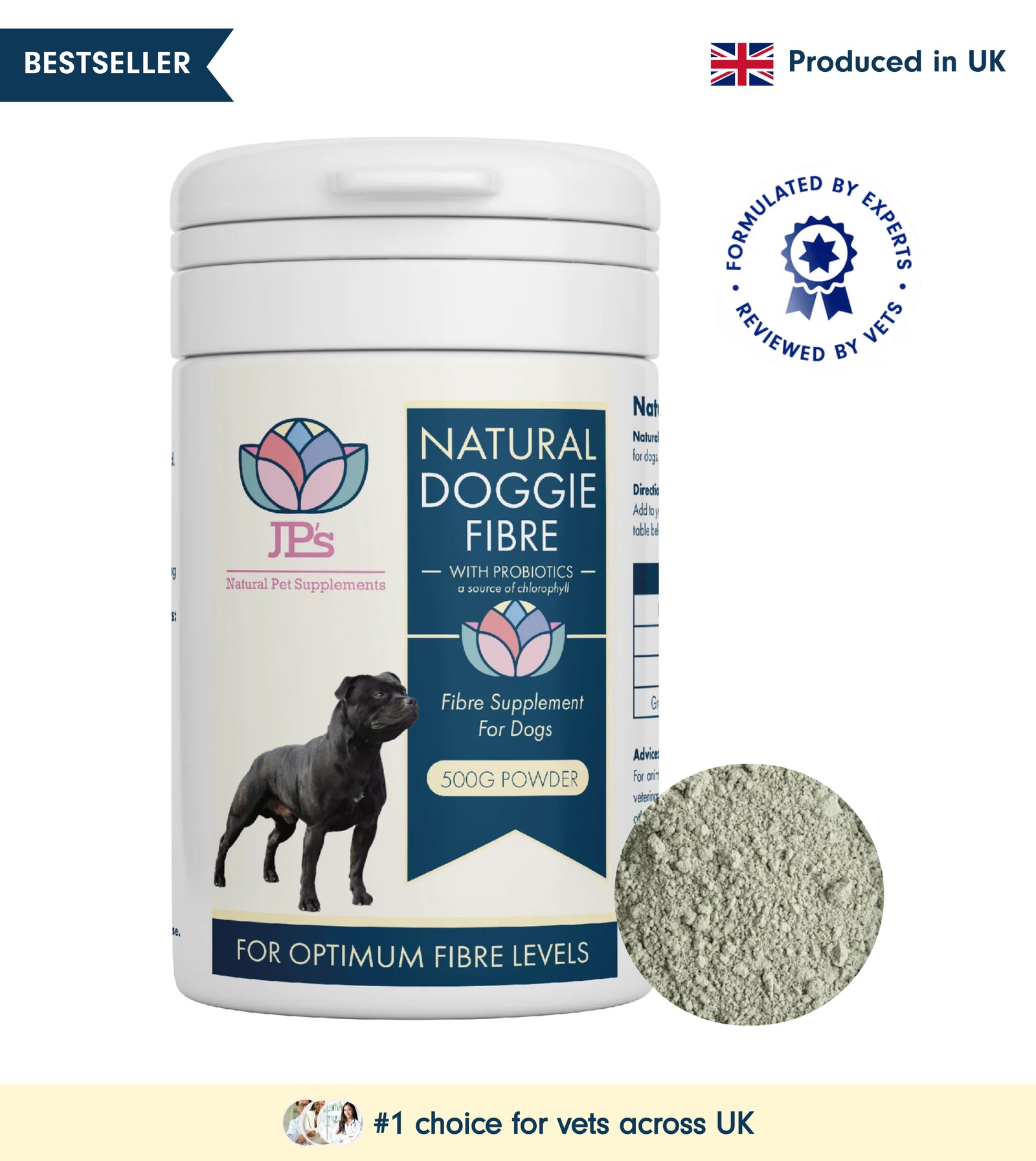
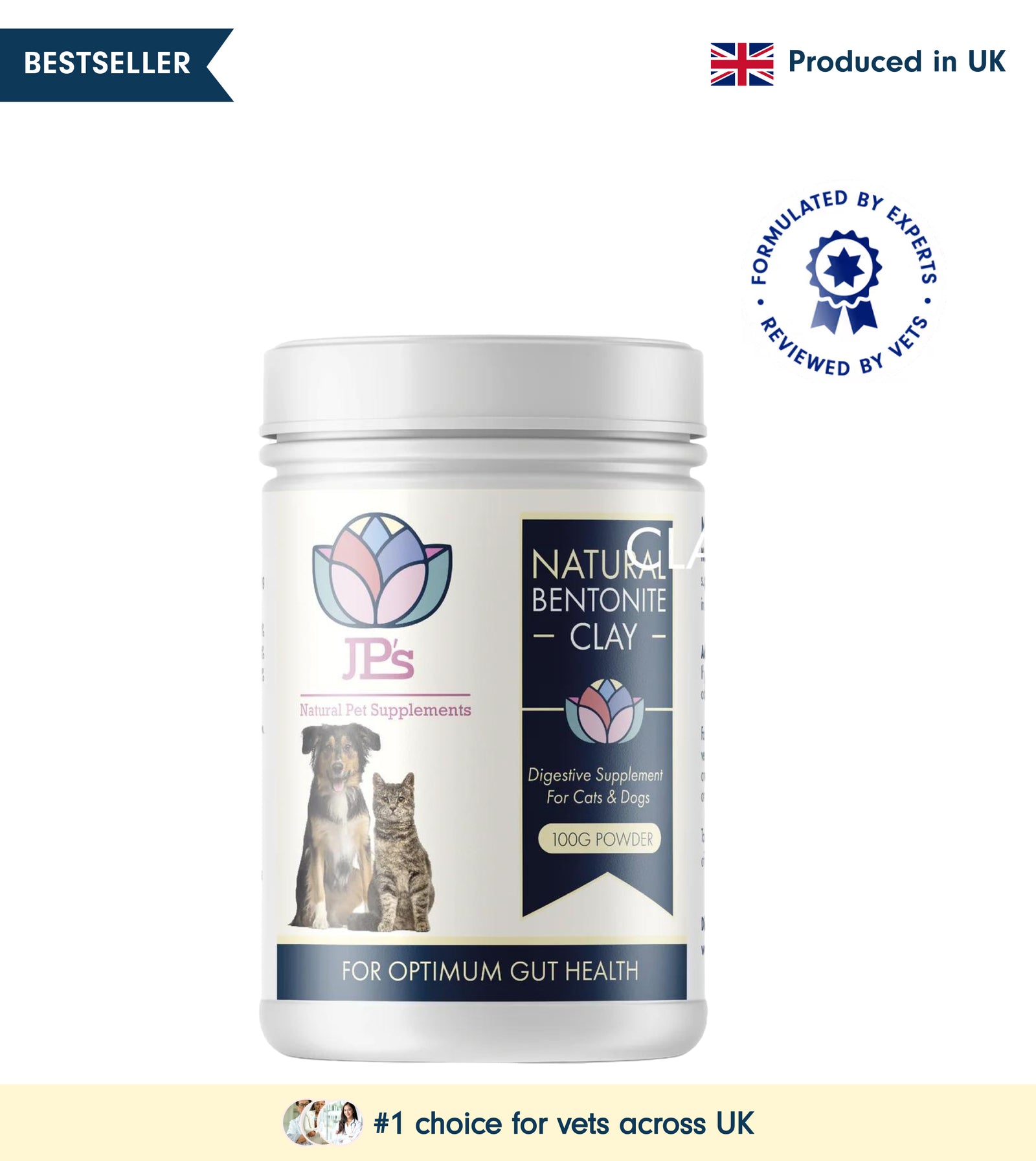
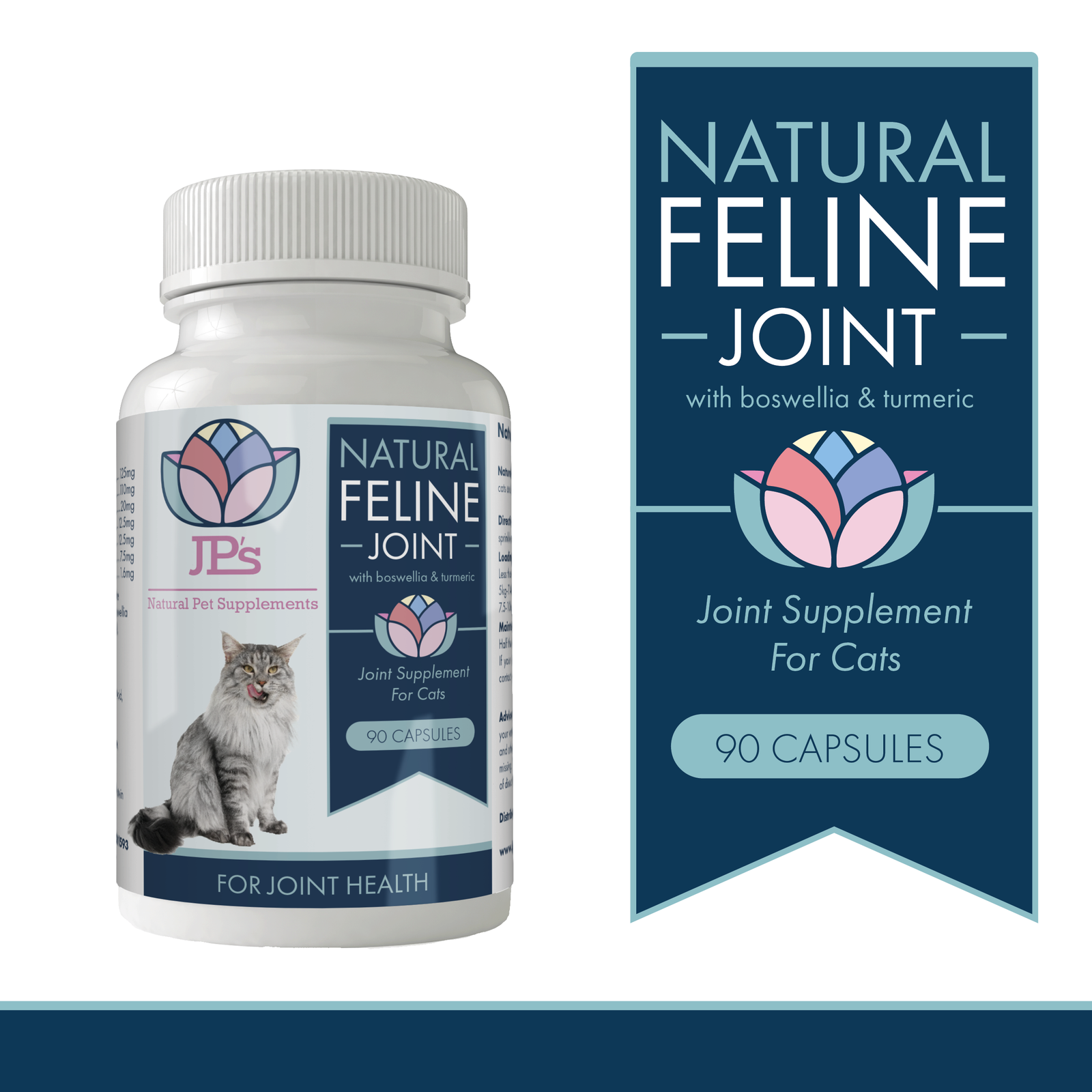
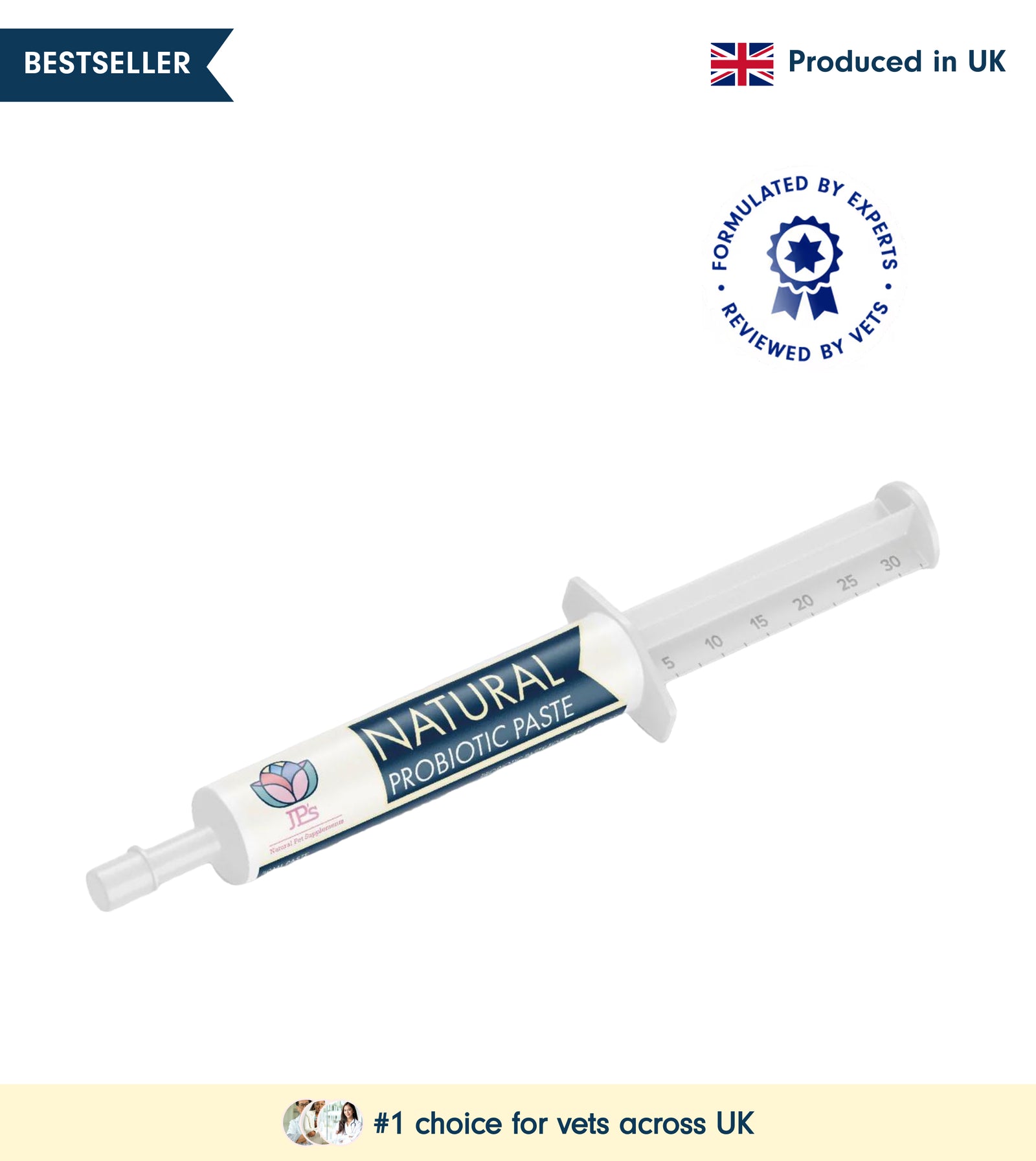
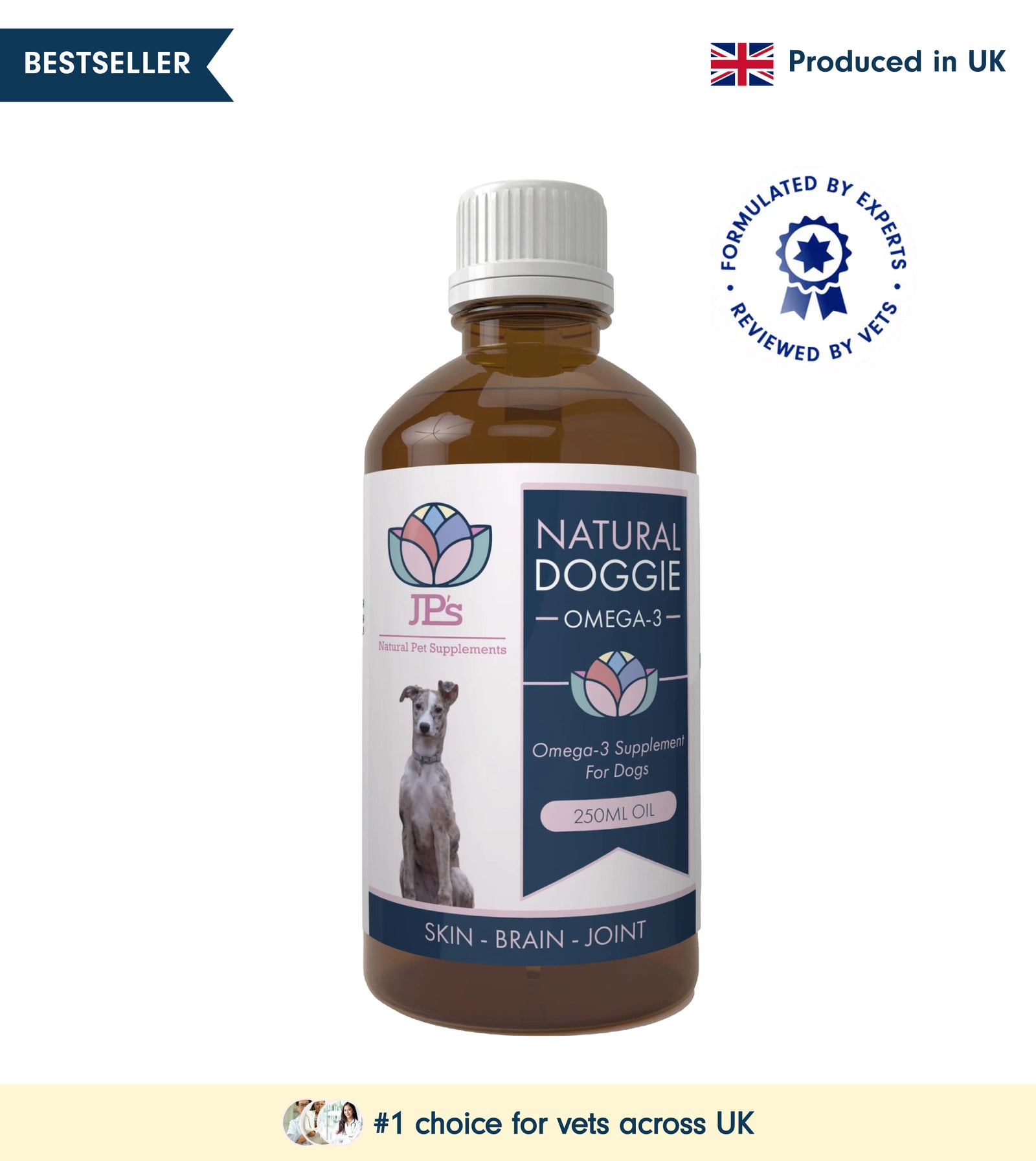
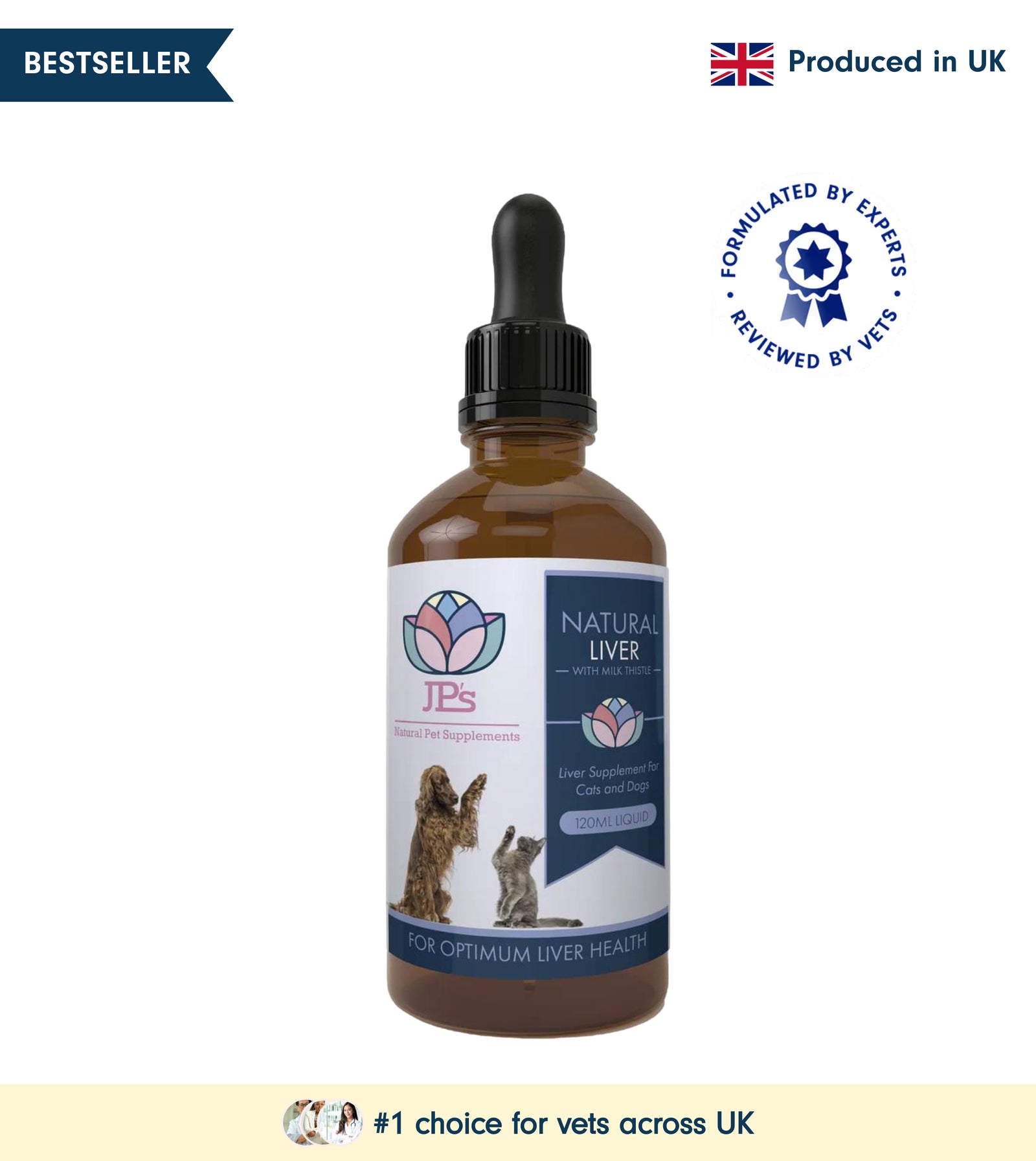
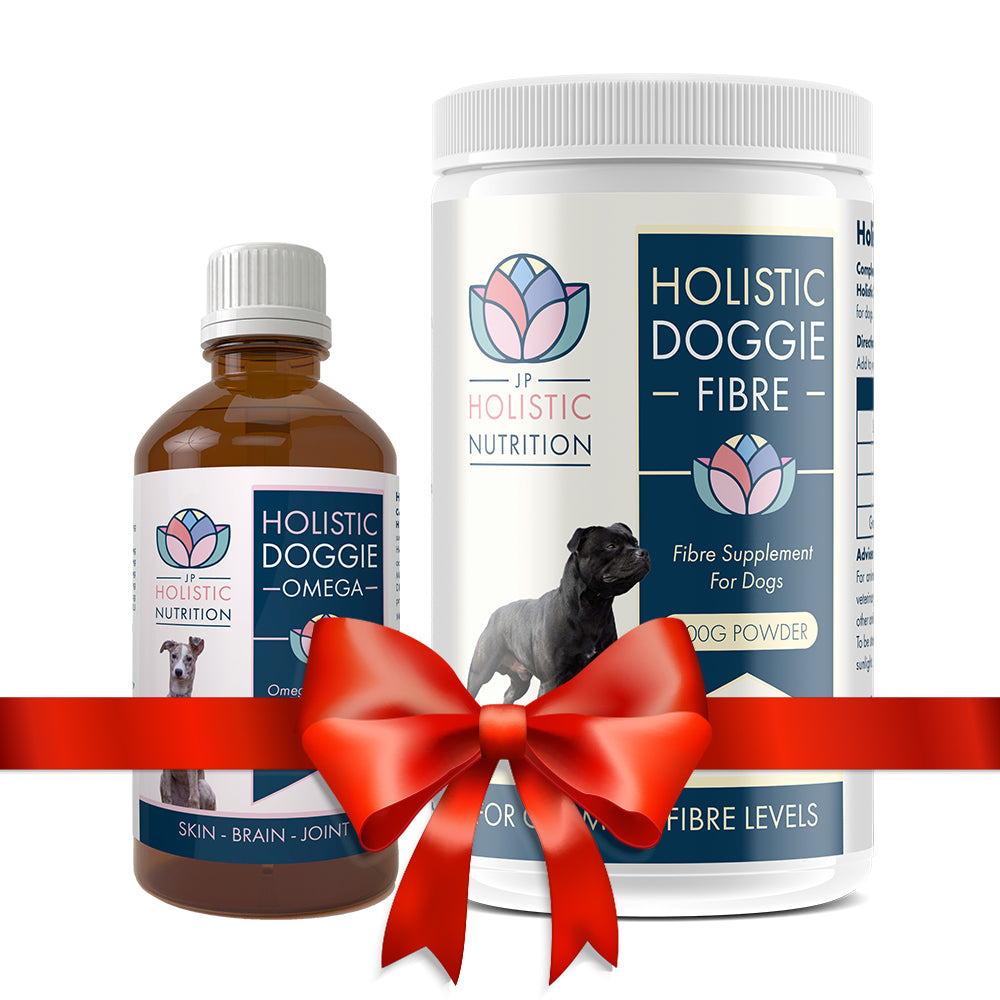
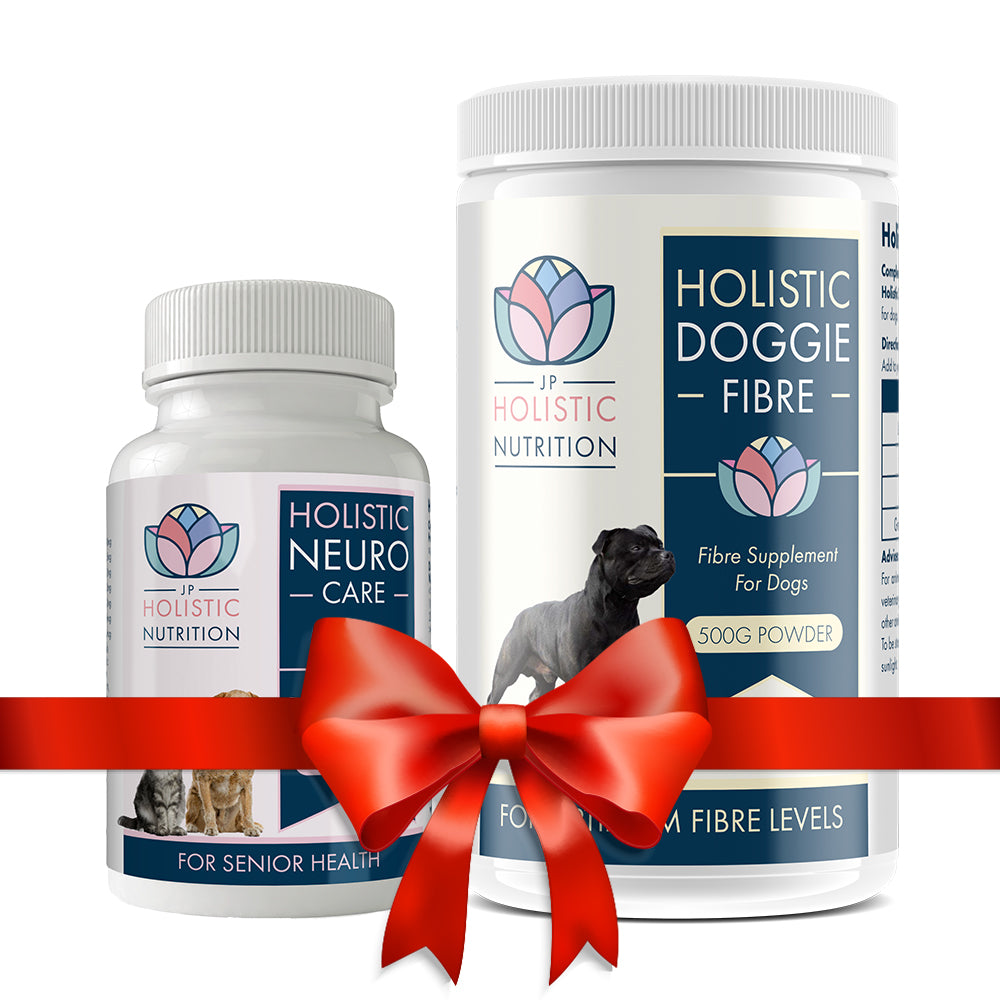
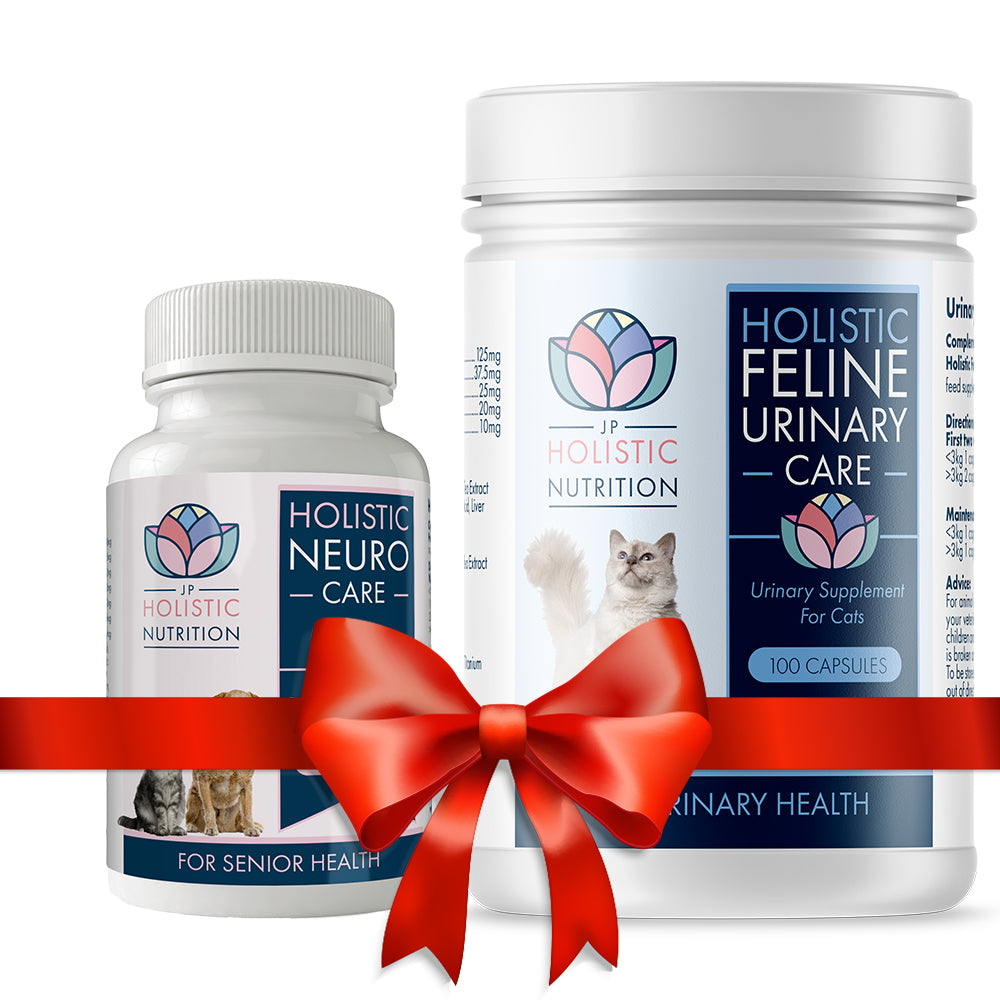
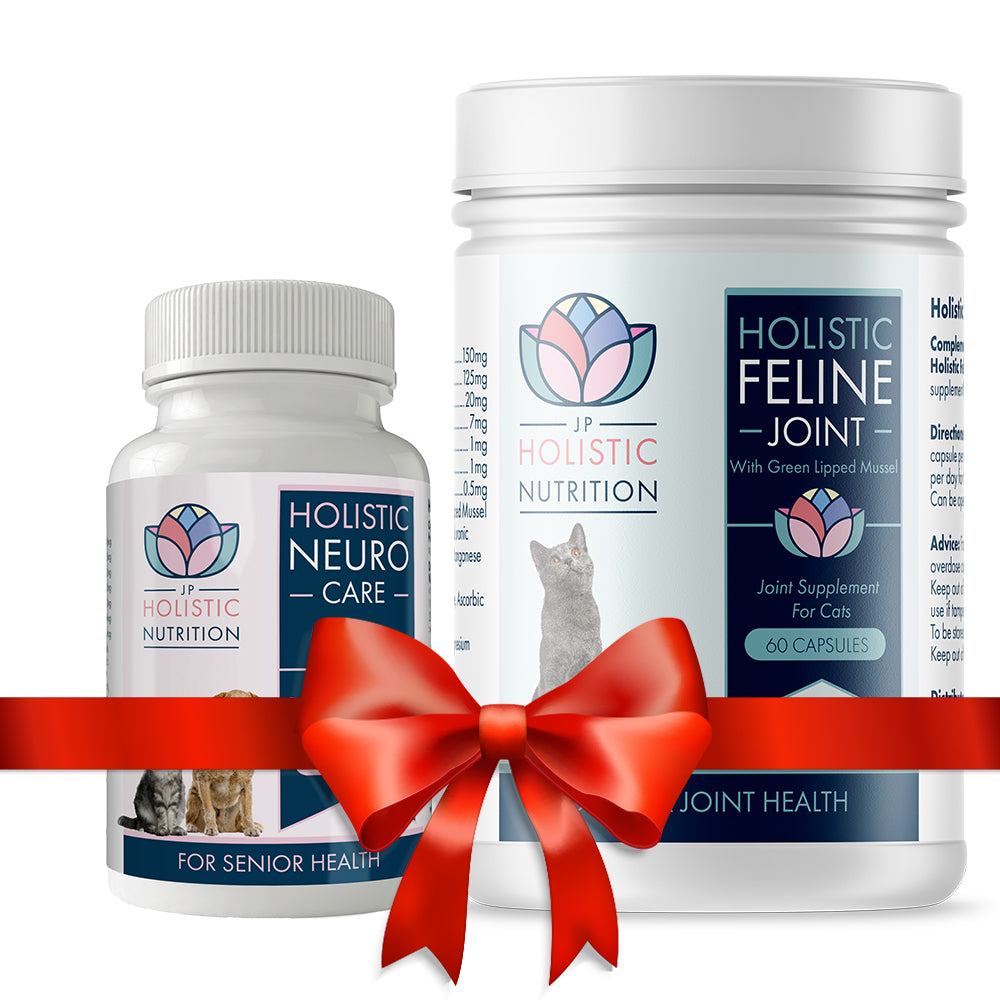




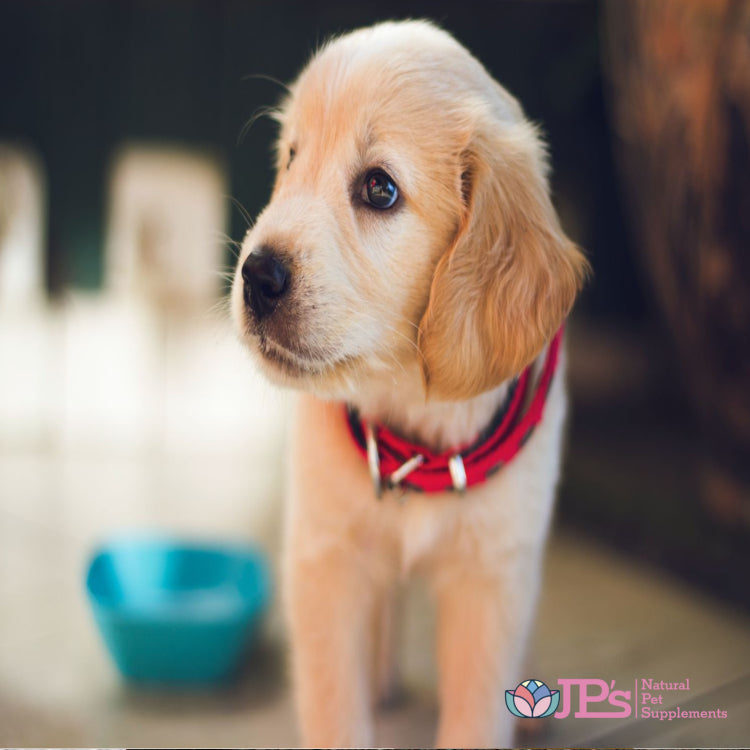
Leave a comment (all fields required)